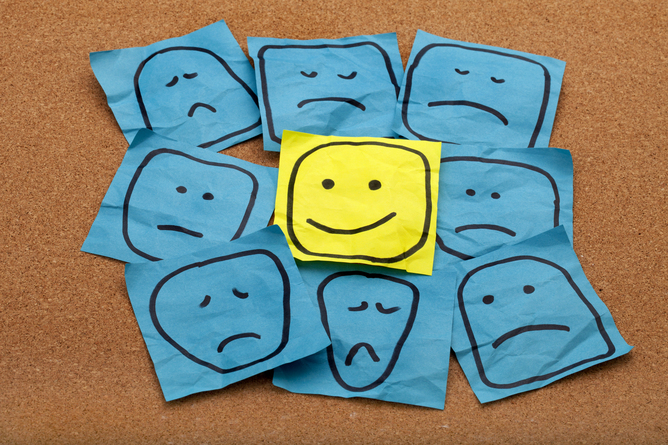Yet a new study may show why surveys predict outcomes so poorly. Researchers found that people typically evaluate the preferences of others before making decisions in moral dilemmas. They are not 'in the dark' and that shapes behavior. Not for everyone and not in every instance. Recordings of behavior, like people picking up a wallet, show that most behave ethically but we are at least willing to believe the worst in others, such as the case where a journalist fabricated a claim that a woman was murdered on a city street and no one among dozens did anything to help.
The authors of the new paper claim the first experimental data to address the question of how people face moral dilemmas.

Image: Shutterstock
It's still only exploratory despite claims of experiment because they subjectively assessed study participants’ awareness of their own bodily signals and how closely they aligned with unknown group moral preferences in different scenarios.
Such awareness of internal states was measured using self-reports and self-evaluations of heartbeats. Group consensus was measured by the number of participants selecting the same ethical option across various scenarios. They then correlated a link between internal bodily awareness and making decisions that aligned with the group consensus.
This link was mediated by brain activity states during rest that featured activity in brain regions associated with self-referential processing and internal attention. Thus, according to the authors, this newfound link between internal state sensitivity and moral alignment may influence the moral intuitions a person develops as they learn the moral expectations of others.






Comments